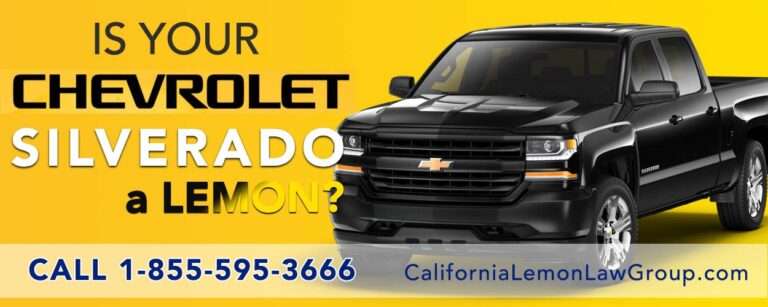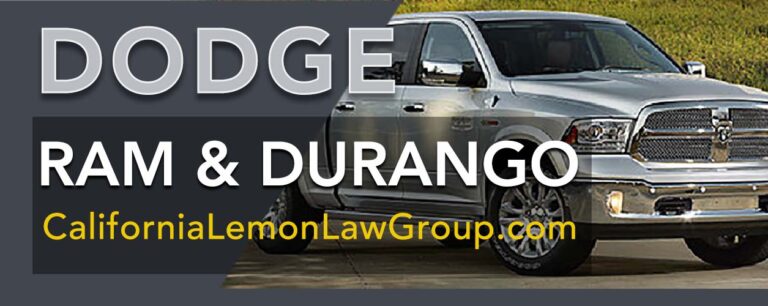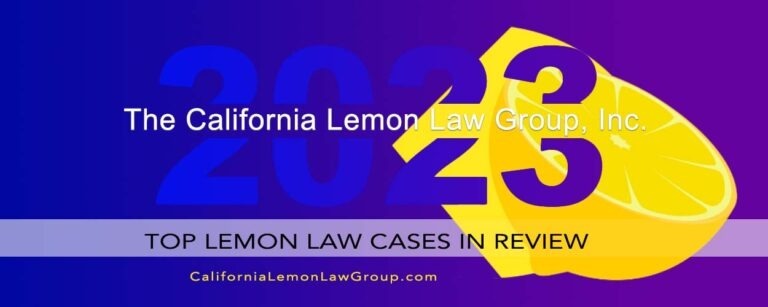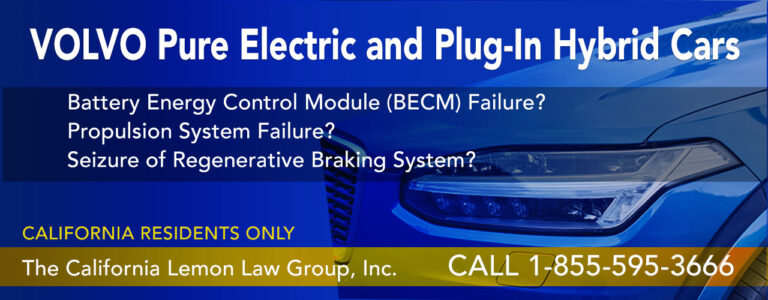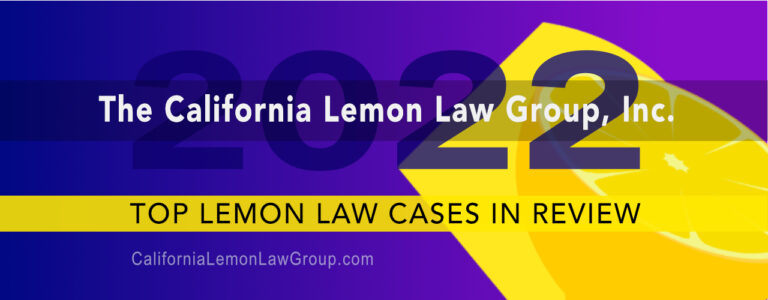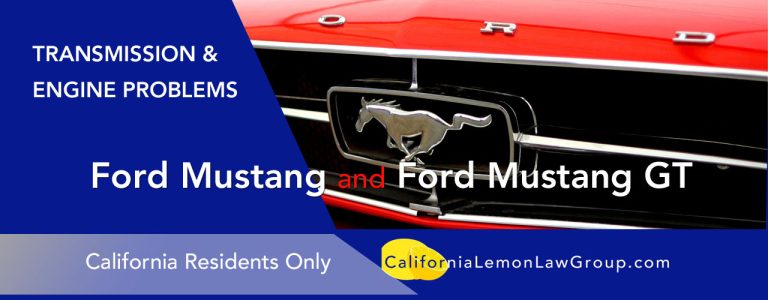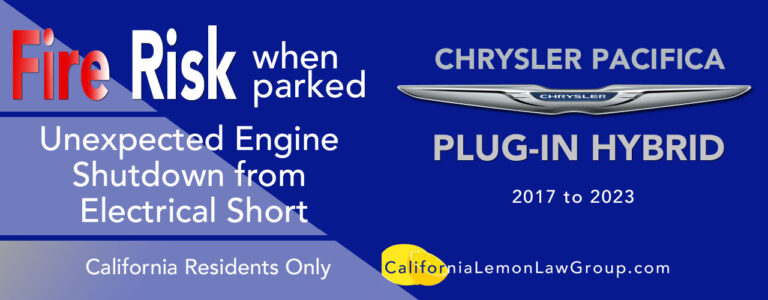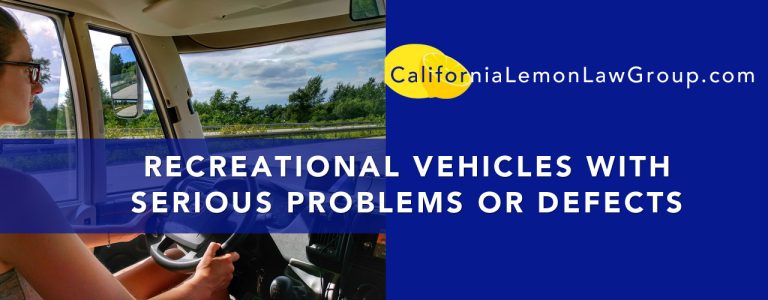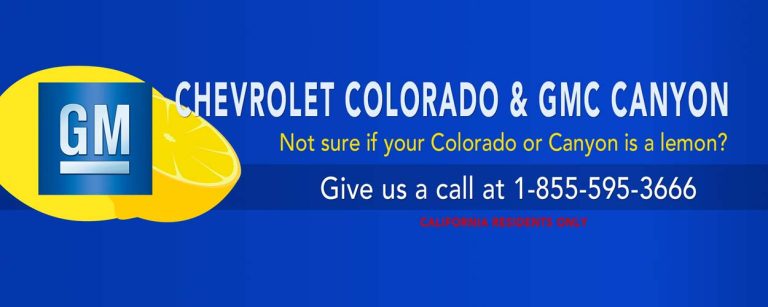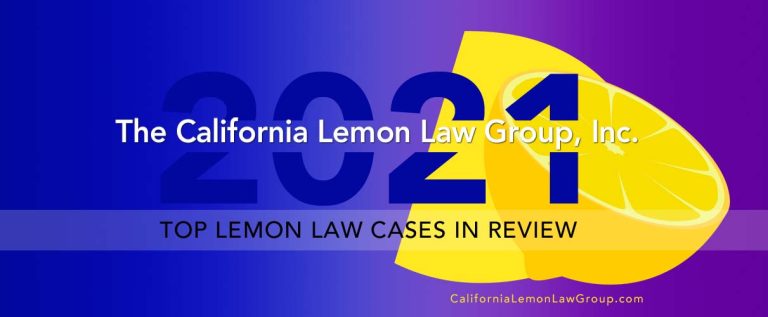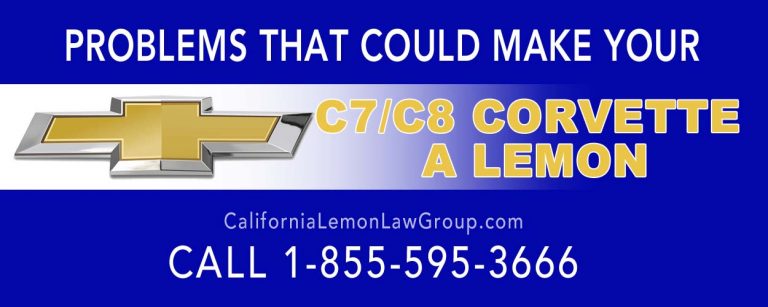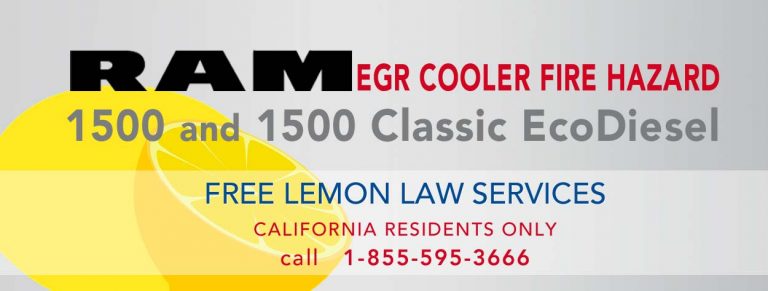2019 - 2024 Chevrolet Silverado and GMC Sierra The 2019-2024 Chevrolet Silverado and GMC Sierra comes standard with a 2.7 Liter 4 cylinder Turbomax high output engine and 8 speed transmission. With … [Read more...] about LEMON LAW CASES: Chevy Silverado and GMC Sierra
Dodge RAM Pickup Transmission Problems: Lemon Law Alert
If your 2019 - 2024 Dodge RAM pickup or Dodge Durango SUV is experiencing one or more of the following problems and you have taken your vehicle to an authorized Dodge dealership for repair 4 or more … [Read more...] about Dodge RAM Pickup Transmission Problems: Lemon Law Alert
Top 4 California Lemon Law Cases in 2023
A number of California Lemon Law firms charge up front fees for their services. We represent our clients at absolutely no cost, and no hidden fees! This means that you receive larger settlements than … [Read more...] about Top 4 California Lemon Law Cases in 2023
2019-2023 Volvo Pure Electric and Plug-In Hybrid Cars
Starting in 2019, Volvo started production on all new XC90, XC60, XC40, C40, S90, S60, V90 and V60 Recharge vehicles. These vehicles can be equipped with either a gas engine / plug in electric hybrid … [Read more...] about 2019-2023 Volvo Pure Electric and Plug-In Hybrid Cars
Top 5 California Lemon Law Cases in 2022
A number of California Lemon Law firms charge up front fees for their services. In addition, some will take a percentage of what they win for you on top of the attorney’s fees and costs that are paid … [Read more...] about Top 5 California Lemon Law Cases in 2022
2017-2022 Ford Mustang Problems
The sixth generation Ford Mustang comes equipped standard with a 2.3 liter EcoBoost 4 cylinder engine, producing 310 horsepower and 350 lb. Ft. of torque. This turbocharged engine is mated to a six … [Read more...] about 2017-2022 Ford Mustang Problems
2017-2023 Chrysler Pacifica Plug-in Hybrid: Fire Risk
Urgent: Fire Risk When Parked If you own a 2017-2023 Chrysler Pacifica plug-in hybrid, Chrysler is warning all owners not to charge their vehicles until a fix is available. Chrysler has advised … [Read more...] about 2017-2023 Chrysler Pacifica Plug-in Hybrid: Fire Risk
Is Your New Motorhome, Fifth Wheel, Travel Trailer, or Toy Hauler a Lemon?
Does your motorhome, fifth wheel, travel trailer, or toy hauler have serious problems or defects that keep it from working properly? Does your unit spend weeks, or even months in the dealership for … [Read more...] about Is Your New Motorhome, Fifth Wheel, Travel Trailer, or Toy Hauler a Lemon?
2017-2022 Chevrolet Colorado and GMC Canyon Problems
The 2017-2022 Chevy Colorado and the 2017-2022 GMC Canyon comes with a 2.5 liter 4 cylinder engine. This engine can either be upgraded to the 2.8 liter 4 cylinder DURAMAX turbo-diesel, or the 3.6 … [Read more...] about 2017-2022 Chevrolet Colorado and GMC Canyon Problems
Top 4 California Lemon Law Cases in 2021
At The California Lemon Law Group, our focus is on getting you the largest settlement allowed under the law. We do not charge a retainer fee, nor do we have any hidden fees and charges. We represent … [Read more...] about Top 4 California Lemon Law Cases in 2021
2020-2024 Chevrolet Corvette Problems
If you are the owner of a 2020 to 2024 Chevrolet Corvette and you have taken your vehicle to a Chevrolet dealership multiple times for warranty repairs, please call or email us to see if … [Read more...] about 2020-2024 Chevrolet Corvette Problems
RAM 1500 & 1500 Classic EcoDiesel EGR Cooler Fire Hazard
Summary: Ram 1500 and 1500 Classic EcoDiesel model years 2014 - 2019 that are equipped with the 3.0-liter EcoDiesel V6 engines have an Exhaust Gas Recirculation (EGR) cooler that’s prone to cracking. … [Read more...] about RAM 1500 & 1500 Classic EcoDiesel EGR Cooler Fire Hazard

